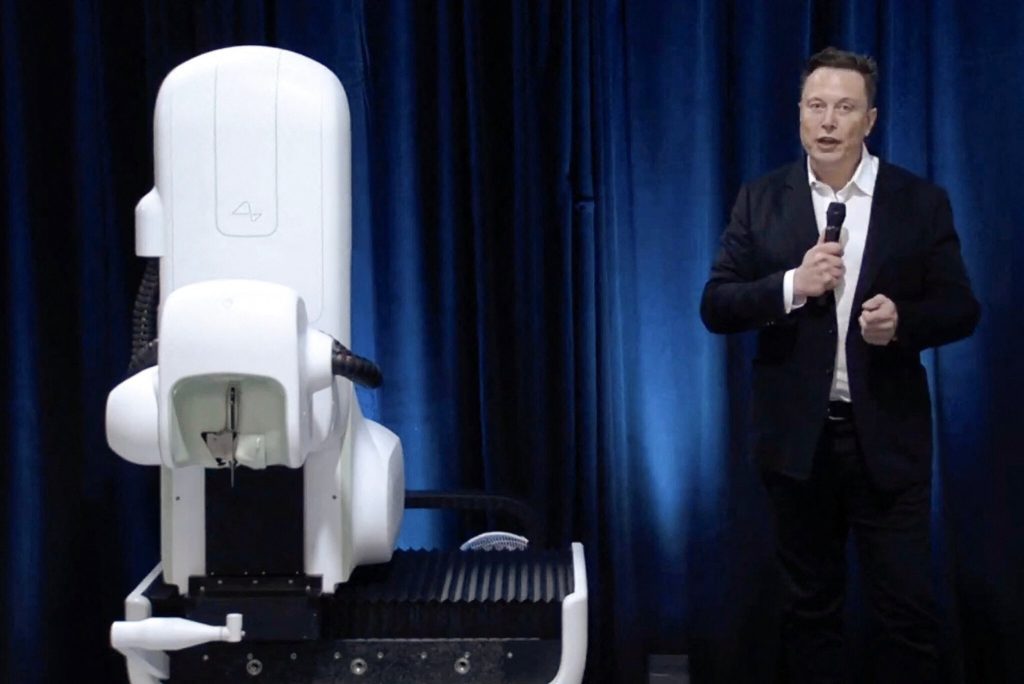In a landmark move, the world’s leading technology companies—Google, Amazon, Meta, and Microsoft—are collectively allocating an astounding $320 billion towards artificial intelligence (AI) initiatives in 2025. This monumental investment underscores their determination to lead in the rapidly evolving AI sector.
Individual Commitments
- Google: The tech giant has designated $75 billion for AI advancements, focusing on research, cloud services, and enhancements to its core products, including its search engine. CEO Sundar Pichai emphasized the company’s confidence in the opportunities ahead, stating, “We are confident about the opportunities ahead, and to accelerate our progress, we expect to invest approximately $75 billion in capital expenditures in 2025.”
- Amazon: Leading the pack, Amazon plans to invest over $100 billion, with a significant portion directed towards Amazon Web Services (AWS) and generative AI development. CEO Andy Jassy highlighted the company’s commitment, noting, “We spent $26.3 billion in capex in Q4, and that is reasonably representative of what to expect in 2025.”
- Meta: Formerly known as Facebook, Meta is set to invest between $60 billion and $65 billion in AI projects this year. CEO Mark Zuckerberg outlined the company’s expansion plans, stating, “We’re planning to invest $60-65 billion in capital expenditures this year while significantly growing our AI teams.”
- Microsoft: The company has earmarked $80 billion for fiscal 2025, primarily focusing on AI-powered data centers and global AI deployment. Vice Chair and President Brad Smith detailed the investment, saying, “In FY 2025, Microsoft is on track to invest approximately $80 billion to build AI-enabled data centers, train AI models, and deploy AI and cloud-based applications worldwide.”
Strategic Imperative
These record-breaking capital expenditures highlight big tech’s aggressive push to dominate the rapidly evolving AI landscape. Analysts suggest that these investments go beyond a mere competition for AI supremacy, representing a strategic imperative to lead the next wave of technological disruption. AI is increasingly integrated into automation, healthcare, finance, and other industries, and these companies are positioning themselves at the forefront of an AI-powered future.
Paul Daugherty, Group Chief Executive of Accenture Technology, emphasized the transformative nature of AI investments: “The next decade will be defined by three mega technology trends—cloud, metaverse, and AI—which will collapse the distance between our digital and physical worlds. While generative AI will have far-reaching impact, leaders must dive in now to achieve its full promise, as it requires significant investments in data, people, and customized foundation models.”
Catalysts for Investment
The surge in AI funding follows the widespread success of platforms like ChatGPT, which has accelerated AI adoption across industries. The impressive capabilities of such platforms have demonstrated the potential of AI to revolutionize various sectors, prompting these tech giants to significantly increase their investments.
Emerging Challenges
Despite these massive financial commitments, some industry observers question whether such astronomical spending is necessary. A notable challenger has emerged in DeepSeek, a Chinese AI startup that claims to have developed its AI model, R1, in just two months—with a budget of under $6 million. DeepSeek’s rapid success has sparked debates over the efficiency of big tech’s high-stakes investments, fueling skepticism about whether these billion-dollar expenditures will translate into proportionate AI breakthroughs.
DeepSeek’s R1 model has been lauded for its efficiency and performance, achieving results comparable to leading models from established tech giants. This development has prompted discussions about the potential for more cost-effective approaches to AI development, challenging the prevailing notion that significant financial investment is a prerequisite for groundbreaking advancements.
Conclusion
As the AI landscape continues to evolve, the substantial investments by Google, Amazon, Meta, and Microsoft underscore their commitment to leading the next wave of technological innovation. However, the emergence of efficient models like DeepSeek’s R1 highlights the dynamic nature of AI development and suggests that agility and innovation may be as crucial as financial investment in shaping the future of artificial intelligence.












